Historical Linguistics and Generative Grammar
Synopsis
Initially, all modern linguistics was historical in orientation - even the study of modern dialects involved looking at their origins. But Saussure drew a distinction between synchronic and diachronic linguistics, which is fundamental to the present day organization of the discipline. Primacy is accorded to synchronic linguistics, and diachronic linguistics is defined as the study of successive synchronic stages. Saussure's clear demarcation, however, is now seen to be idealised. In practice, a purely synchronic linguistics is not possible for any period before the invention of the gramophone: written records always lag behind speech in reflecting linguistic developments, and in any case are difficult to date accurately before the development of the modern title page. Also, the work of sociolinguists on linguistic variation has shown synchronic states are not uniform: the speech habits of older and younger speakers differ in ways which point to language change. Synchronic variation is linguistic change in progress.
Read more
48.60
43.74
$
54.00 $
Free delivery Wolrdwidе in 10-18 days
Ships in 1-2 days from New Delhi
Membership for 1 Year $35.00
Get it now and save 10%
Get it now and save 10%
BECOME A MEMBER
Books by the same authors

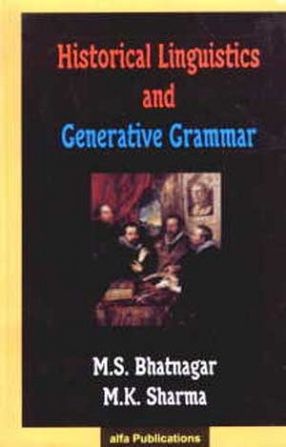
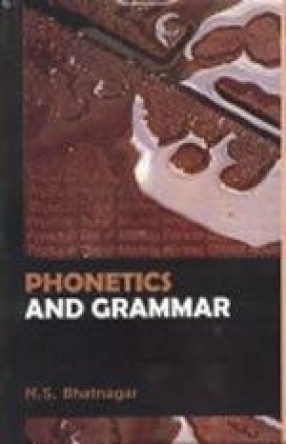
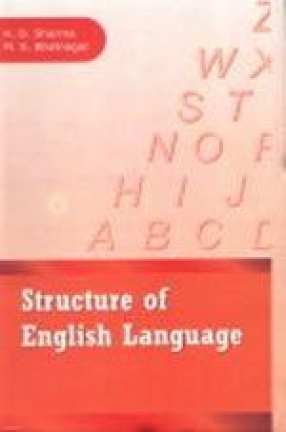
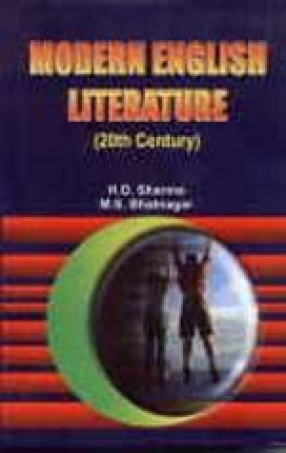



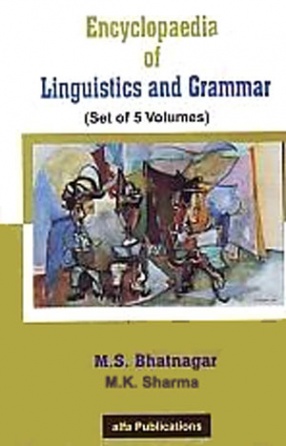
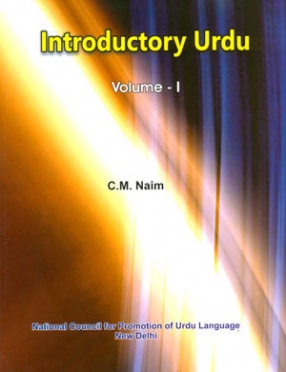
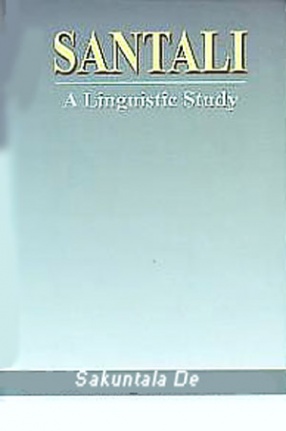

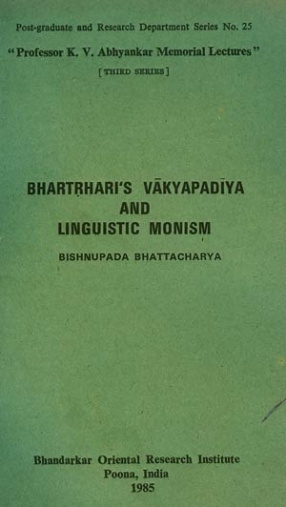

Bibliographic information
M K Sharma